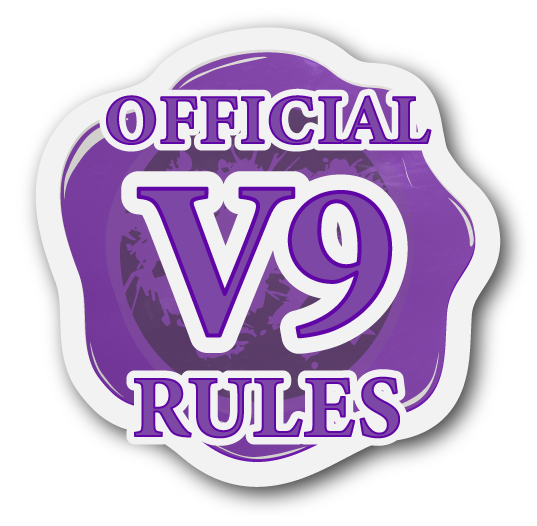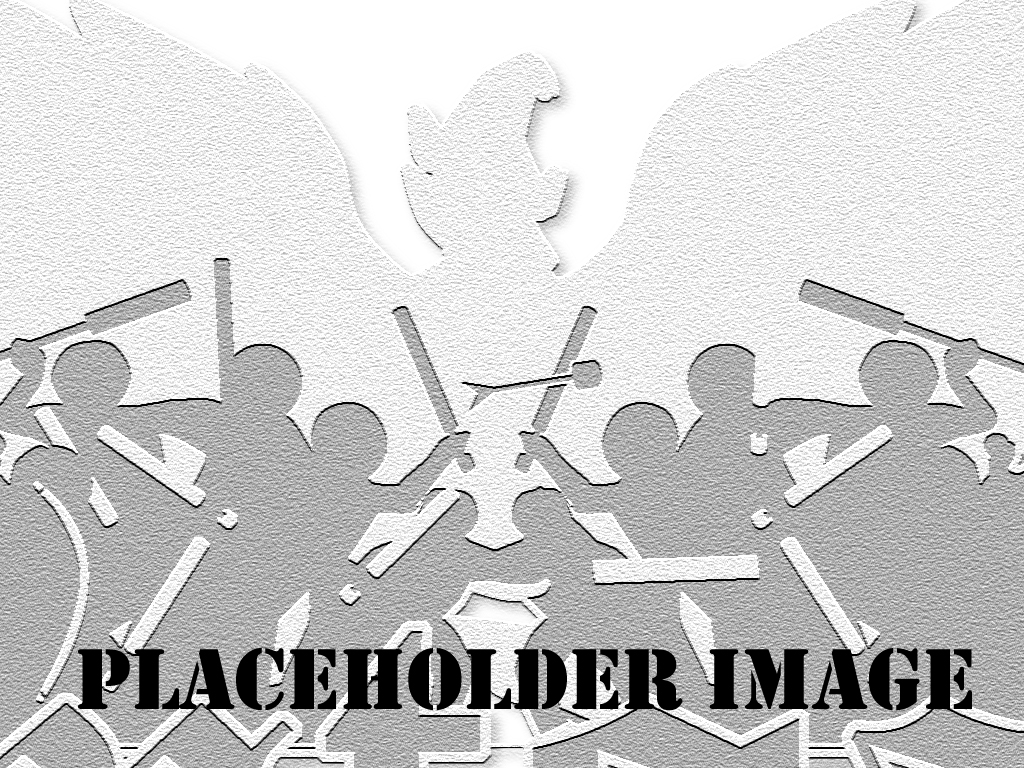Difference between revisions of "V9: Core"
From AmtWiki
m |
m (Protrusions) |
||
| (9 intermediate revisions by 2 users not shown) | |||
| Line 1: | Line 1: | ||
{{V9}} | {{V9}} | ||
| − | <onlyinclude>==== | + | <onlyinclude>====<u>Core</u>==== |
| − | This refers to the base of the [[V9: Weapons|weapon]] to which [[V9: Padding|padding]] is affixed. The best | + | This refers to the structural base of the [[V9: Weapons|weapon]] to which [[V9: Padding|padding]] is affixed. |
| − | + | <ul> | |
| − | + | <li><big>Rigid Cores</big><br> | |
| − | + | [[V9: Melee Weapons| Melee Weapons]] require a rigid core to provide structural stability. Short [[V9: Weapon Segments|weapon segments]] and small protrusions from a central core that are stable on their own do not require a rigid core within them. These segments and protrusions must not deform or fold over excessively during combat and must always return to their original position. | |
| − | {{V9 | + | *The best materials to use are carbon/graphite rods (such as from non-metallic golf clubs), kite spar, bamboo, PVC tubing, or fiberglass. Other materials will be assessed for [[V9: Safety|safety]] on a case-by-case basis. |
| + | *Metal and wooden cores are prohibited. Metal may be used to counter-weight weapons provided it is permanently attached and not in a place that may inadvertently [[V9: Striking Your Opponent|strike]] another player. | ||
| + | *The ends of any rigid cores should have a flat face and be securely capped with a layer of foam and tape at minimum to prevent the core from pushing through. | ||
| + | *Hollow cores should be sealed at the ends. | ||
| + | *Sharp edges should be blunted so as to not dig into the padding.</li><br> | ||
| + | <li><big>Non-Rigid Cores</big><br> | ||
| + | [[V9: Projectile Weapons#Contact Projectiles|Contact Projectiles]] require a non-rigid, non-granunlar core. | ||
| + | *The best materials to use are foam (any), denim, sweatshirt material, loose rubber bands, etc. | ||
| + | *Unacceptable cores include: Solid rubber, tightly-wrapped rubber bands, tennis balls, beanbags, seed packets, etc. </li></ul> | ||
| + | </onlyinclude><br><br> | ||
| + | ---- | ||
| + | <gallery mode="slideshow" showthumbnails caption="Image Gallery"> | ||
| + | File:23014---PlaceHolderImage4x3.jpg|Example 1 | ||
| + | File:23014---PlaceHolderImage4x3.jpg|Example 2 | ||
| + | File:23014---PlaceHolderImage4x3.jpg|Example 3 | ||
| + | File:23014---PlaceHolderImage4x3.jpg|Example 4 | ||
| + | File:23014---PlaceHolderImage4x3.jpg|Example 5 | ||
| + | </gallery><br> | ||
| + | {{V9 Weapon Construction Terms}} | ||
Latest revision as of 20:55, 5 June 2023
This page is part of the Official Amtgard V9 Alpha-Playtest Rulebook.
- The Amtwiki is the official home and primary source for Amtgard V9 Rules as of February 25, 2023.
- These rules are currently in Open Alpha Playtest. See the Playtest Disclaimer for more details.
- To learn more about Amtgard V9 Development, please visit Amtgard.com.
- To view the current Amtgard V8 ruleset, please see the Amtgard V8 Rulebook.
Core
This refers to the structural base of the weapon to which padding is affixed.
- Rigid Cores
Melee Weapons require a rigid core to provide structural stability. Short weapon segments and small protrusions from a central core that are stable on their own do not require a rigid core within them. These segments and protrusions must not deform or fold over excessively during combat and must always return to their original position.- The best materials to use are carbon/graphite rods (such as from non-metallic golf clubs), kite spar, bamboo, PVC tubing, or fiberglass. Other materials will be assessed for safety on a case-by-case basis.
- Metal and wooden cores are prohibited. Metal may be used to counter-weight weapons provided it is permanently attached and not in a place that may inadvertently strike another player.
- The ends of any rigid cores should have a flat face and be securely capped with a layer of foam and tape at minimum to prevent the core from pushing through.
- Hollow cores should be sealed at the ends.
- Sharp edges should be blunted so as to not dig into the padding.
- Non-Rigid Cores
Contact Projectiles require a non-rigid, non-granunlar core.- The best materials to use are foam (any), denim, sweatshirt material, loose rubber bands, etc.
- Unacceptable cores include: Solid rubber, tightly-wrapped rubber bands, tennis balls, beanbags, seed packets, etc.
Weapons General Rules · Weapon Construction Terms · Melee Weapons · Projectile Weapons · Siege Weapons
Equipment Equipment Basics · Equipment Use Terms · Weapons · Shields · Armor · Color Code · Visual Indicators

